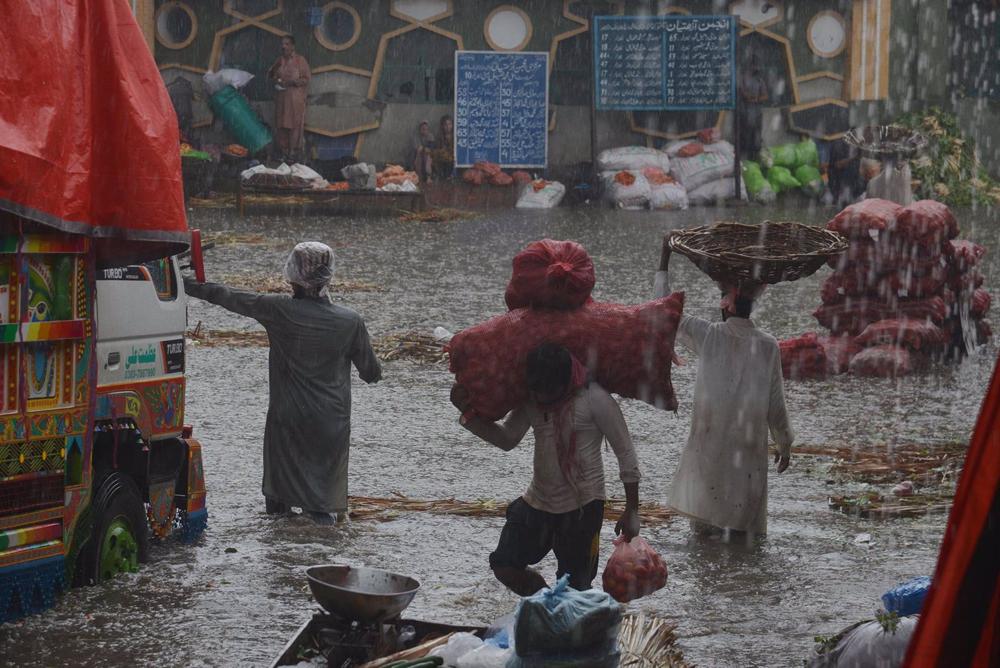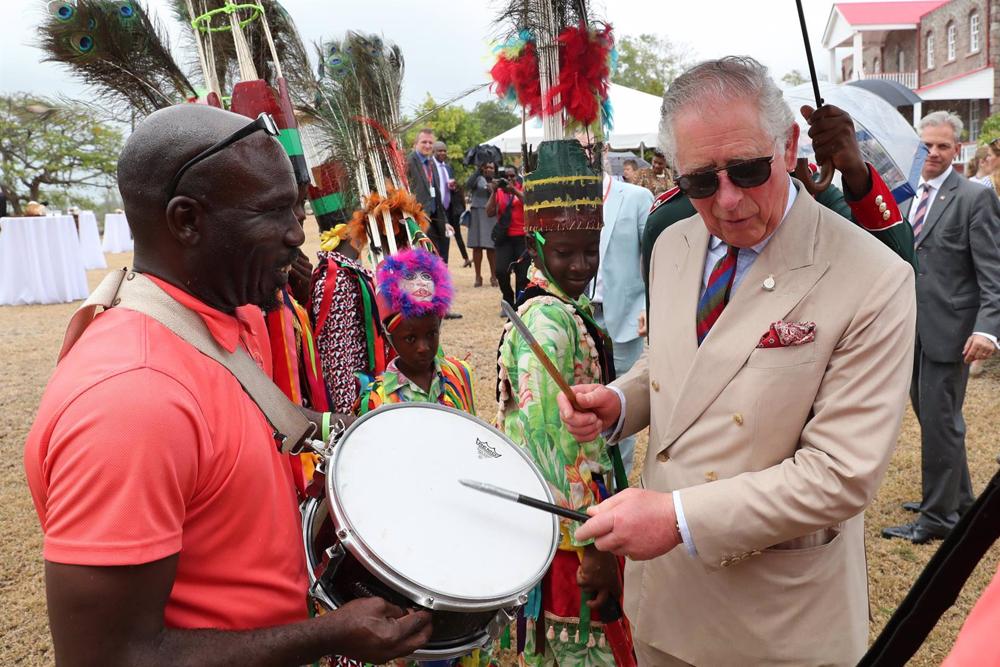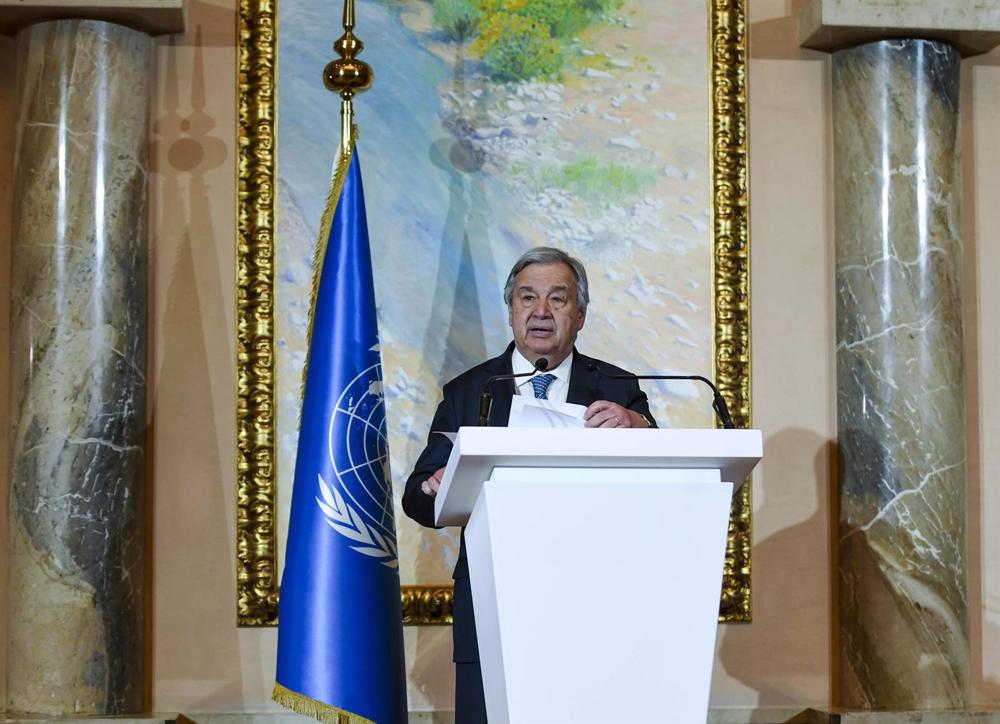
The United Nations Children’s Fund (UNICEF) warned Tuesday that four million children are «struggling for survival» after torrential summer rains in Pakistan and called for continued aid to help cope with the crisis.
«The rains have ended and, sadly, to a large extent the media attention has also ended. However, four million children are struggling to survive near polluted and stagnant water,» said UNICEF Pakistan representative Abdullah Fadil.
He said that these children «suffer a harsh winter without adequate shelter» due to the destruction of their homes and pointed to «a heartbreaking story» because of the floods, which have left «villages turned into islands, children taken to orphanages, families still living under pieces of plastic in a state of literally freezing».
«The numbers also tell a story: that of an ongoing nightmare for Pakistan’s children,» he said, while detailing that «in the flood-affected districts, some 1.6 million children were already suffering from acute malnutrition and another six million were suffering from chronic malnutrition, a condition that can cause irreversible damage to their brains, bodies and immune systems.»
«In the aftermath of the floods, UNICEF expects this situation to have worsened exponentially,» lamented Fadil, who noted that the agency’s $173 million (about 160 million euros) appeal for aid «has not received even half of the funds.»
In this regard, he stressed that UNICEF «continues to work in virtually all sectors and is reaching millions of children,» before calling for children «to be at the center of the work of recovery, rehabilitation and reconstruction» after the commitment announced last week by international donors to deliver more than 9,000 million dollars (more than 8,300 million euros) to contribute to the recovery of Pakistan.
«This is a very generous gesture,» he acknowledged, before arguing that «real economic recovery and sustained growth can only be achieved if the necessary investments are made to meet the needs of children in the short and long term.»
He also stressed that «it is also imperative to invest in human capital and resilience, especially in Sindh and Balochistan, particularly devastated areas». «These vulnerable communities need safe access to essential services such as health care, nutrition, education, protection, hygiene and sanitation, especially in remote and marginalized areas,» he explained.
«Pakistan is a place whose climate vulnerability is well known. It is only a matter of time before another large-scale climate disaster hits the country’s children. We need flexible funding to redouble our work today, and long-term investment to address the persistent inequities that children have been facing for far too long,» he said.
Source: (EUROPA PRESS)






